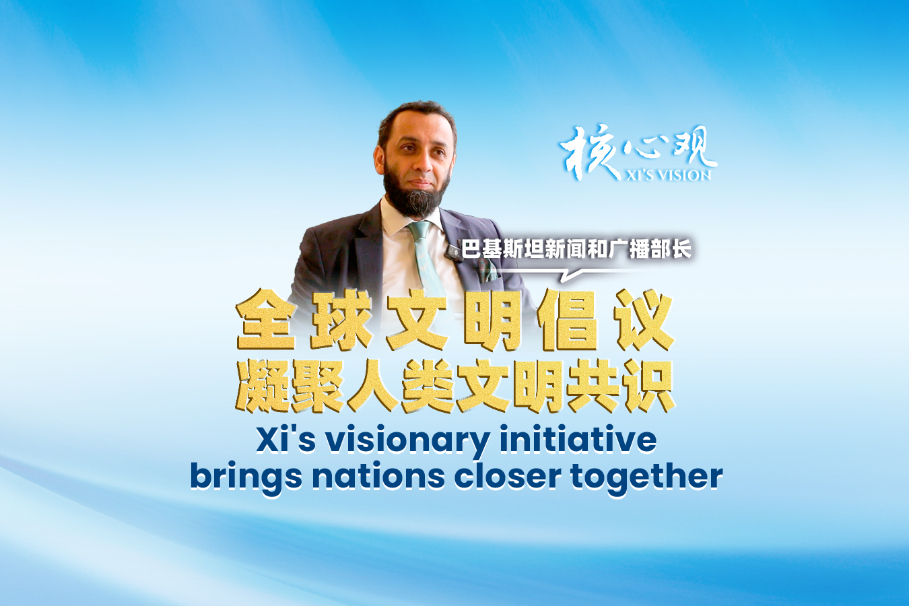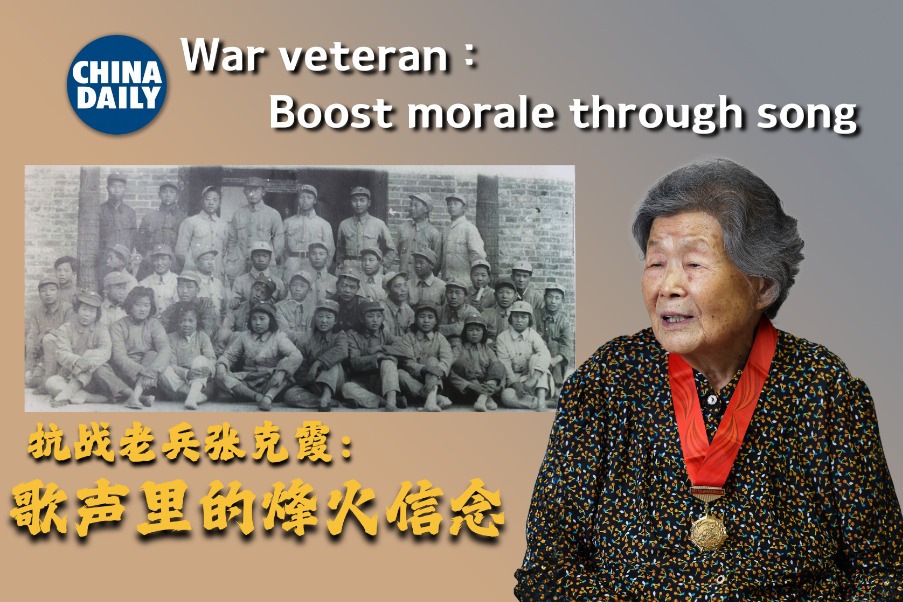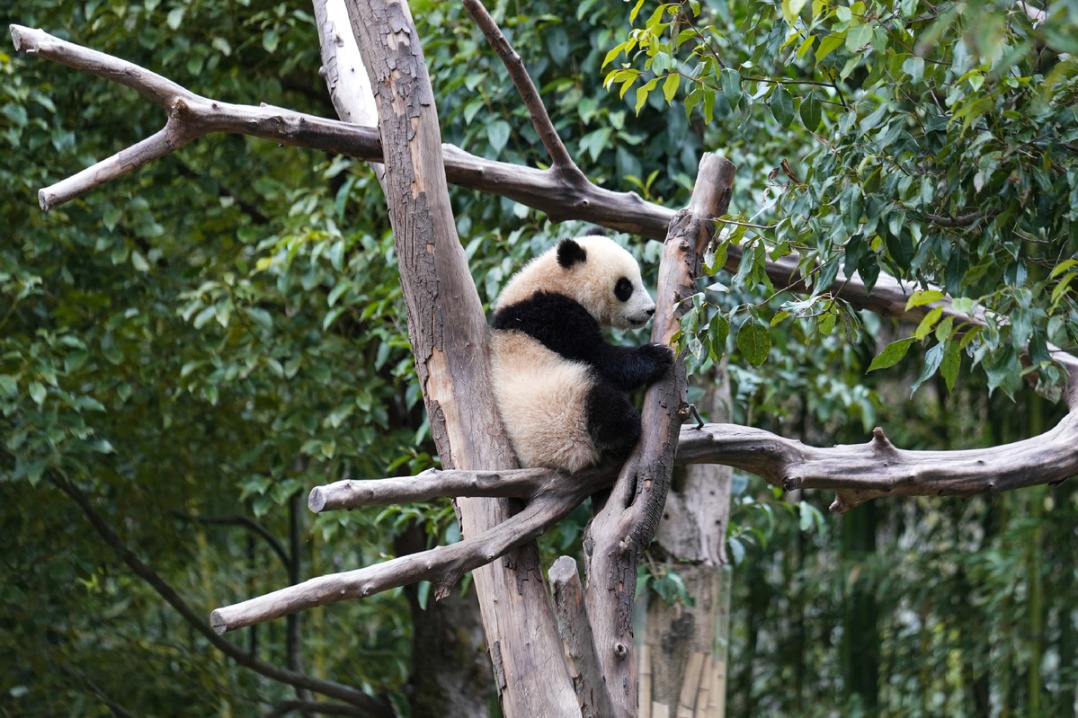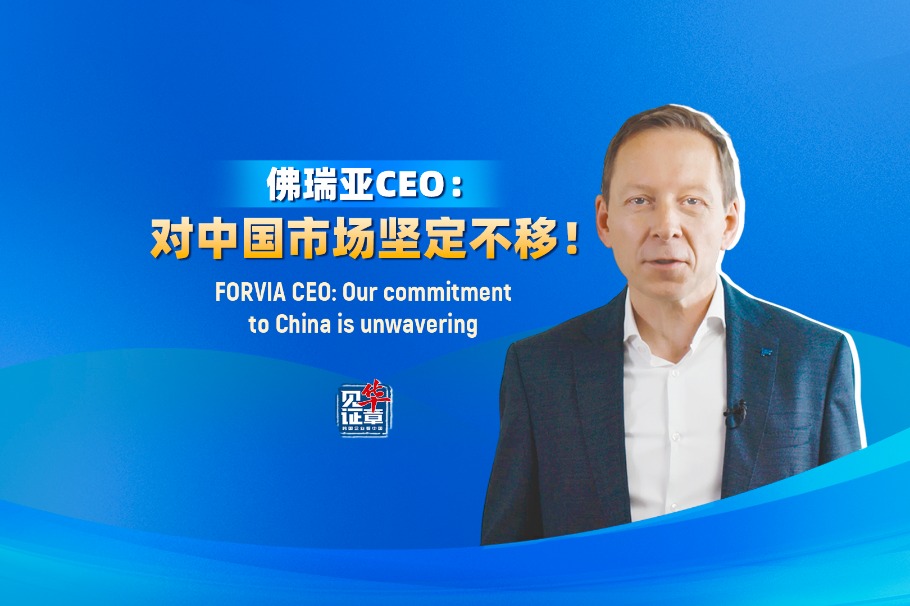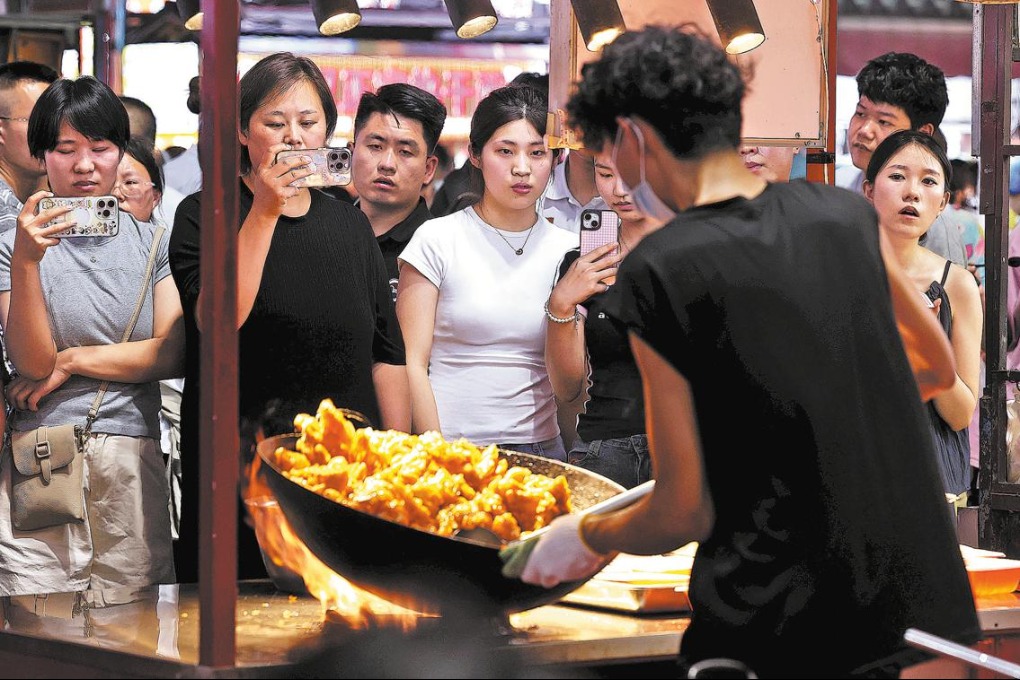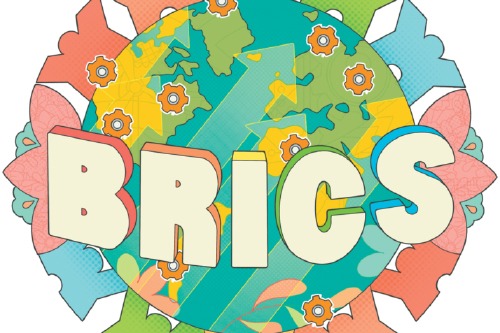Experts' take on democracy

Editor's note: The so-called Summit for Democracy, being held in Seoul from Monday to Wednesday, will create divisions in the global community because, instead of advancing the principles of democracy and working for the emancipation of humankind, it aims to build power blocs against certain countries. Three experts share their views on the issue with China Daily.

China a true upholder of freedom
By Muhammad Asif Noor
Seoul will host the third Summit for Democracy, themed "Democracy for Future Generations", from Monday to Wednesday where political leaders, including US Secretary of State Antony Blinken, and civil society and youth organizations from across the world are expected to participate.
This Summit for Democracy which was launched by Biden in 2021 is considered a strategic maneuver within a larger geopolitical game being played out in the Asia-Pacific region where the US' primary focus has been to expand its influence and engage with China on the sub-regional level. The summit is being held to consolidate the historical premise that major powers will continue to export democracy to less-powerful nations, often under the banner of freedom and human rights protection, in order to exert their influence on the latter.
In contrast, China advocates that developing countries have the right to choose a development path and follow a political system that best suit their national interests. "Whole-process people's democracy" is a form of democracy which, despite being different from Western-style democracy, suits China's national conditions. And even in the existing world order, a country has the right to have a governance structure that is good for its people and conducive to its socioeconomic development.
The Summit for Democracy, while apparently aimed at strengthening democratic norms across the world, in reality serves as a platform for the United States to expand its influence, and rally its allies against perceived rivals. The summit therefore is not an advocacy for democracy but a strategic tool in the broader geopolitical contestation which allows the US to maintain its global hegemony. The global narrative of democracy has been weaponized by the US and its Western allies to further their geopolitical interests instead of fostering genuine democracy around the world and improving the world order in which at present chaos reigns supreme.
China's governance model is different from that of the West's in that it approaches democracy holistically and, hence, is called whole-process people's democracy. This governance model is marked by extensive public participation in all facets of governance, and therein lies its difference with the Western model, which lays emphasis on electoral democracy. Whole-process people's democracy reflects China's commitment to socialism with Chinese characteristics and challenges the universality claim of Western-style democracy. Whole-process people's democracy embodies China's endeavor to chart its unique development path, different from the prescriptive norms of Western liberalism.
China's governance model, predicated on whole-process people's democracy, emphasizes people's comprehensive engagement in governance, transcending mere electoral participation. It is an approach to governance that responds to the needs and aspirations of China's population, which comprises 56 ethnic groups, through mechanisms that ensure broad public participation in the decision-making process. The Chinese governance model challenges the notion that Western-style democracy is the sole legitimate form of governance, and advocates for a pluralistic understanding of democracy that respects the sovereignty and different development paths of different countries.
The hosting of the Summit for Democracy by Seoul will have profound implications on regional dynamics, particularly in the context of the competition between the US and China. It places the Republic of Korea at the intersection of competing global powers, and gives it the opportunity to assert its democratic identity while navigating the complexities of its ties with both the US and China.
This delicate diplomatic balancing act, which the ROK is expected to perform, shows how less-powerful countries are caught in the crossfire of major power competition while trying to safeguard their sovereignty and strategic autonomy in a rapidly changing global landscape. Seoul's engagement with NATO and the likelihood of its joining QUAD(a diplomatic, strategic partnership among the US, India, Japan and Australia), which Chinese people view as a clique formed to contain China.
The Summit for Democracy has raised Beijing's concerns also because the Taiwan island has been "strengthening cooperation" with the US under this framework. By ignoring the fact that the Taiwan island cannot be invited to attend any regional or international meeting as a separate entity, as it is an integral part of China, the US and the ROK have in fact interfered in China's internal affairs and violated the one-China principle.
Therefore, the summit not only reflects the global competition among different governance models but also demonstrates the intricate and delicate ways in which the US and its allies trigger rivalries with other countries and heighten geopolitical tensions.
With the world grappling with many serious challenges, including ongoing military conflicts that have claimed tens of thousands of lives and left many more homeless, the US and its allies are not helping matters by adopting such a confrontational approach toward countries like China.
This is the time to work together and resolve bilateral differences and regional and global disputes, and overcome common challenges.
The Summit for Democracy glorifies the democratic ideals and governance models but the essence of true democracy is in respecting each other's points of view and working together for the betterment of the world.
If the US and its allies are serious about restoring lasting peace and promoting development across the world, they should prioritize constructive engagement with other countries and build a future where diversity would be the norm and development the rule.
The writer is founder of Friends of Belt and Road Initiative Forum. The views don't necessarily reflect those of China Daily.
















